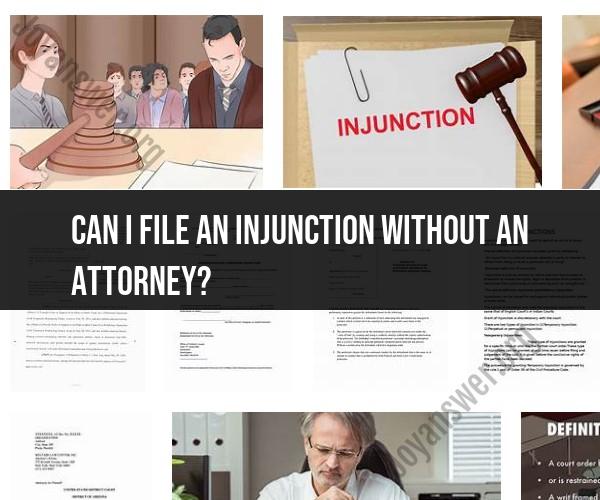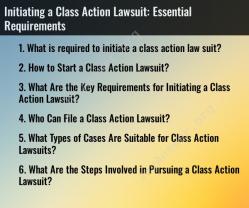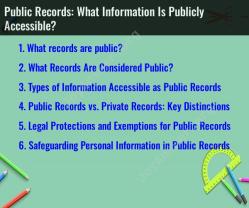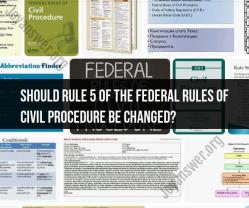Can I file an injunction without an attorney?
Yes, you can file an injunction without an attorney, but it's essential to be aware that the legal process can be complex, and the success of your case may depend on your understanding of the law and your ability to navigate the court system. Here are some important things to know if you are considering filing an injunction without an attorney:
1. Understand What an Injunction Is:
- An injunction is a legal order from a court that requires a person or entity to do or refrain from doing a specific action. Injunctions are often used to prevent harm or maintain the status quo while a legal dispute is pending.
2. Know the Types of Injunctions:
- There are different types of injunctions, including temporary restraining orders (TROs), preliminary injunctions, and permanent injunctions. Each serves a specific purpose and requires different legal standards to be met.
3. Research the Law:
- Familiarize yourself with the laws and rules related to injunctions in your jurisdiction. This may involve reading state statutes, court rules, and relevant case law.
4. Gather Evidence:
- You will need evidence to support your request for an injunction. This can include documents, witness statements, photographs, or any other relevant information that demonstrates the necessity of the injunction.
5. Draft the Legal Documents:
- Prepare the necessary legal documents, including a complaint or motion for injunction, which outlines the facts of your case, the legal basis for the injunction, and your request for relief. Some courts may provide fillable forms for certain types of injunctions.
6. File the Documents:
- Submit your documents to the appropriate court. You will likely need to pay a filing fee unless you qualify for a fee waiver based on your financial circumstances.
7. Serve Notice:
- Ensure that the other party or parties involved are properly served with notice of your injunction request. Proper service is critical to due process and the validity of the injunction.
8. Attend Court Hearings:
- Be prepared to attend court hearings related to your injunction request. These hearings allow you to present your case, and the judge will consider the evidence and legal arguments from both sides.
9. Follow Court Procedures:
- Comply with all court procedures and deadlines. Failure to do so can result in your case being dismissed or your injunction request being denied.
10. Consider Mediation or Settlement:
- In some cases, it may be beneficial to explore mediation or settlement discussions with the opposing party before pursuing an injunction through the court system.
11. Be Prepared for Appeals:
- Understand that the opposing party may appeal the court's decision regarding the injunction. Be prepared for potential legal challenges.
While it is possible to file an injunction without an attorney, seeking legal advice or representation can be highly beneficial, especially in complex cases. An attorney can help you navigate the legal process, provide strategic guidance, and increase the chances of a successful outcome. If you are unsure about representing yourself, consult with an attorney to discuss your options and assess the complexity of your case.













